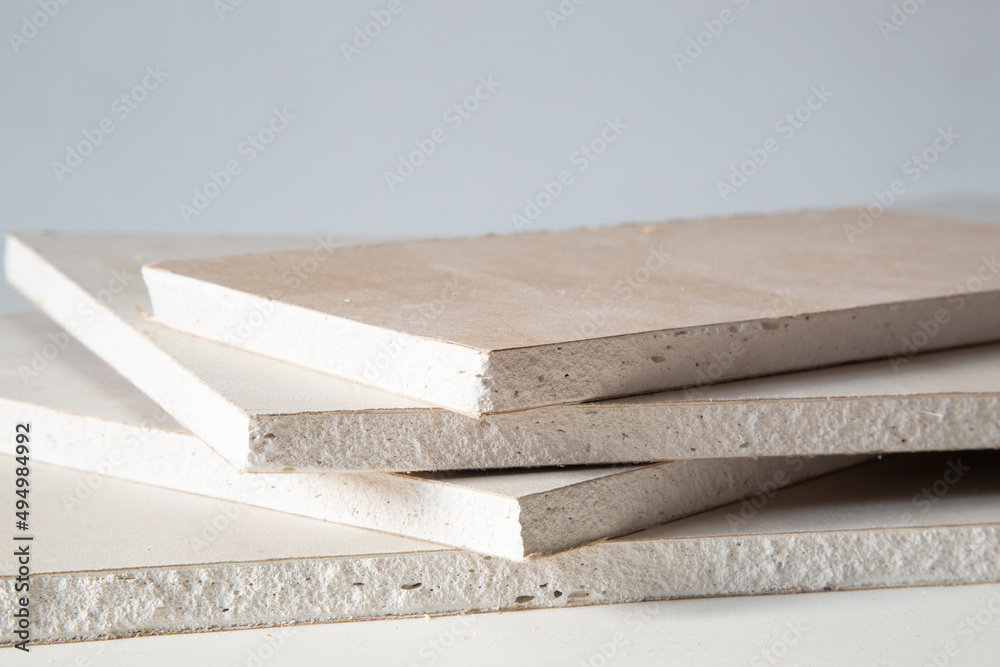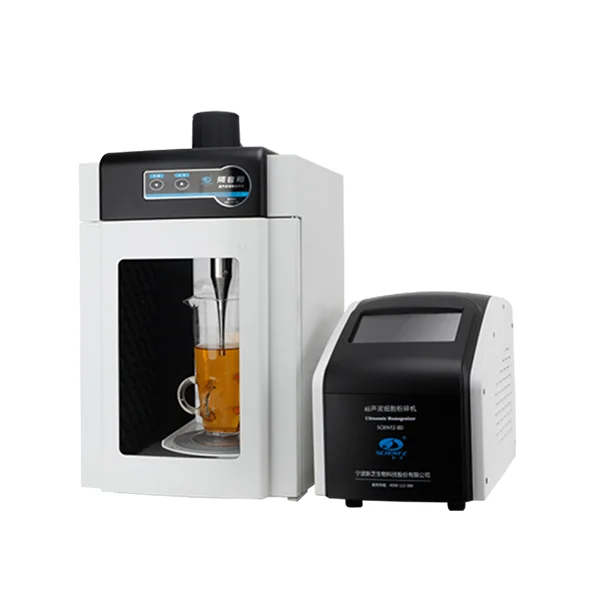
Gypsum board, also known as drywall or plasterboard, is a widely used construction material known for its versatility and ease of installation. However, concerns regarding its impact on human health have raised questions about its safety. In this blog post, we will delve into the topic of gypsum board safety, exploring its composition, potential health risks, and the measures taken to ensure its safety. By the end, you will have a comprehensive understanding of whether gypsum board is indeed safe for health.
- Understanding Gypsum Board:
Gypsum board is primarily composed of gypsum, a naturally occurring mineral, sandwiched between layers of paper. It is a popular choice for interior walls and ceilings due to its fire-resistant, soundproofing, and moisture-resistant properties. The manufacturing process involves heating gypsum to remove excess water, resulting in a stable and durable material. - Potential Health Risks:
a) Volatile Organic Compounds (VOCs): Some gypsum boards may emit low levels of VOCs, which can contribute to indoor air pollution and cause respiratory issues. However, modern gypsum boards are manufactured with reduced VOC emissions, meeting stringent regulations and standards.
b) Mold Growth: Gypsum board, when exposed to excessive moisture, can provide a suitable environment for mold growth. This can lead to respiratory allergies and other health problems. Proper installation, ventilation, and maintenance can prevent mold growth and ensure a healthy indoor environment. - Safety Measures and Regulations:
a) ASTM Standards: The American Society for Testing and Materials (ASTM) has established rigorous standards for gypsum board manufacturing, ensuring product quality and safety. Compliance with these standards guarantees that the gypsum board meets specific performance criteria and minimizes health risks.
b) Environmental Certifications: Various environmental certifications, such as GREENGUARD and LEED, ensure that gypsum boards meet strict criteria for low VOC emissions and sustainable manufacturing practices. These certifications provide reassurance regarding the safety and environmental impact of gypsum board. - Expert Opinions and Research:
a) Scientific Studies: Extensive research has been conducted to assess the health effects of gypsum board. Studies have consistently shown that when properly installed and maintained, gypsum board poses minimal health risks.
b) Expert Consensus: Experts in the field of indoor air quality and construction materials generally agree that gypsum board is safe for health when used appropriately. They emphasize the importance of proper installation, ventilation, and regular maintenance to ensure a healthy indoor environment.
Conclusion:
After a thorough analysis, it can be concluded that gypsum board is generally safe for health when used in accordance with industry standards and best practices. The potential health risks associated with VOC emissions and mold growth can be effectively mitigated through proper manufacturing, installation, and maintenance procedures. By adhering to established regulations and certifications, individuals can confidently utilize gypsum board in their construction projects, creating safe and healthy living spaces.



